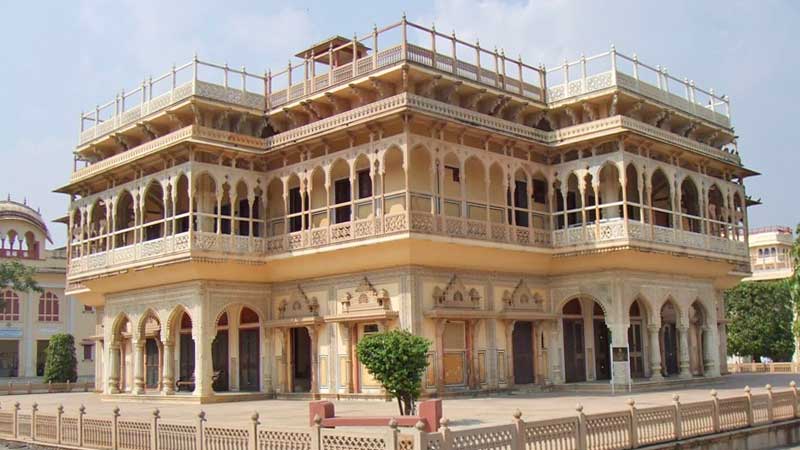
City Palace Jaipur Rajasthan
The City Palace is located in Pink City, Jaipur which is the capital of
Rajasthan. The City Palace has an imposing blend of traditional Rajasthan
and Mughal architecture. The vast palace complex occupies one seventh of
the walled city of Jaipur. The City Palace was originally built by Maharaja
Jai Singh II of the Kachhwaha clan of Rajputs. Later several additions were
made to the palace complex by many of his successors. The City Palace is
the core of the royal residences in Jaipur.
The centre of the palace, is the Chandra Mahal, or the Moon Palace, which
provides a fine view of the gardens and the city. The ground and first floor
of the Chandra Mahal, form the Maharaja Sawai Man Singh Museum. The museum
has an extensive collection of art, carpets, enamelware and old weapons.
The paintings include miniatures of Rajasthani, Persian and Mughal schools.
The Mubarak Mahal, or the Auspicious Palace, contains the textile section
of the museum.
The palace also houses the Diwan-i-Am, or the hall of public audience, and
Diwan-i-Khas, or the hall of private audience. In the Diwan-i-Am, ornate
pillars support the high ceilings. The walls, intricately painted with touches
of deep red and gold, provide perfect mounts for immense medieval Afghan
and Persian carpets. Miniatures from the Mughal and Jaipur schools, and
Jai Singh's translations in Arabic and Sanskrit of the astronomical treatises
of ancient scientists, are displayed in glass cases.
The grand seven storeyed Chandra Mahal lies to the north-west. This present
day residence of the Maharaja of Jaipur; Bhavani Singh, provides stunning
views of the gardens and the city. The palace is adorned with exquisite
traditional style paintings, floral decorations, mirror walls and ceilings.
The different floors of this splendid structure serve a variety of purposes.
While the ground and the first floor form the Maharaja Sawai Man Singh II
Museum, the fourth floor serve as the tastefully decorated Shobha Nivas
or Hall of Beauty. The fifth floor is the Chhavi Nivas or Hall of Images,
the sixth floor with its mirrored ceiling and stucco floor has rows of double
columns through which one can have a magnificent view of the rugged hills.
The uppermost storey is called the Mukut Mahal or the Crown Building. Opposite
to this splendid building lies the Badal Mahal. The Govind Devji Temple
is between the Chandra Mahal and the Badal Mahal. The awesome Hawa Mahal
is another integral part of the City Palace.
"Sukh Nivas" or the "Hall of Rest" holds the drawing
and dining room of the Maharaja, furnished with Mughal miniatures, European
silver and glass dining tables and peep holes decorated with gold leafs,
for ventilation. Sukh Niwas has been painted in Wedgewood blue, ornamented
with white lining. On the fourth floor of the Chandra Mahal lies the "Shobha
Nivas" or "Hall of Beauty". This palace has mirror encrusted
walls with exquisite blue tiled dadoes and glittering gold leaf and mica
decoration. When the room was lit after dark the Maharajas could enjoy a
breathtaking spectacle of the room bursting into a thousand flickering images.
Through the glass panes you may view the Sri Govind Devji Temple, the first
structure built by Sawai Jai Singh in Jaipur. The Shobha Nivas and the Sukh
Nivas are still occupied by the present Maharaja. On the fifth floor lies
the "Chhavi Nivas" or Hall of Images. This palace was the Maharajas
retreat in the rainy season and still has a polished floor of eggshell stucco
and blue and white painted walls.
Opposite the Chandra Mahal lies the 'Badal Mahal'. The Govind Devji Temple
stands in the middle of the Chandra Mahal and the Badal Mahal. A delightful
system of fountains is placed in the middle of the paved path between the
Chandra Mahal and the Badal Mahal. Another integral part of the palace complex
is the Hawa Mahal.
How to Reach
Air:
Jaipur is connected to Delhi (300Km), Mumbai, Udaipur, Jodhpur, Aurangabad,
Calcutta and Varanasi by domestic flights.
Rail:
The train service to Jaipur is available from all the major parts of the
country.
Road:
Jaipur can be accessed from all the major places in Rajasthan, Gujarat,
Delhi and Mumbai by bus.
Make Your Trip Now
MOST POPULAR PACKAGES
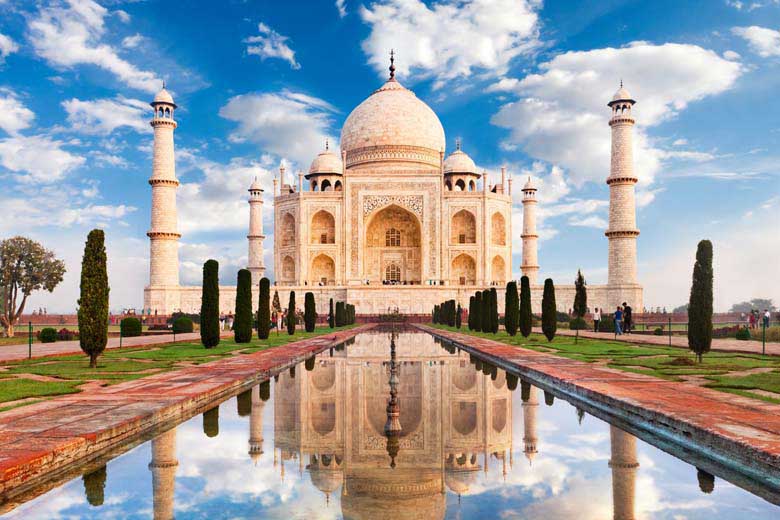
6 Nights / 7 Days
Golden Triangle Vacation Tour
India’s golden triangle is a tourist circuit which includes: Delhi, Agra (including the Taj Mahal), and Jaipur. These trips usually 7 days and do the trip as a circuit starting and ending in Delhi.
View Package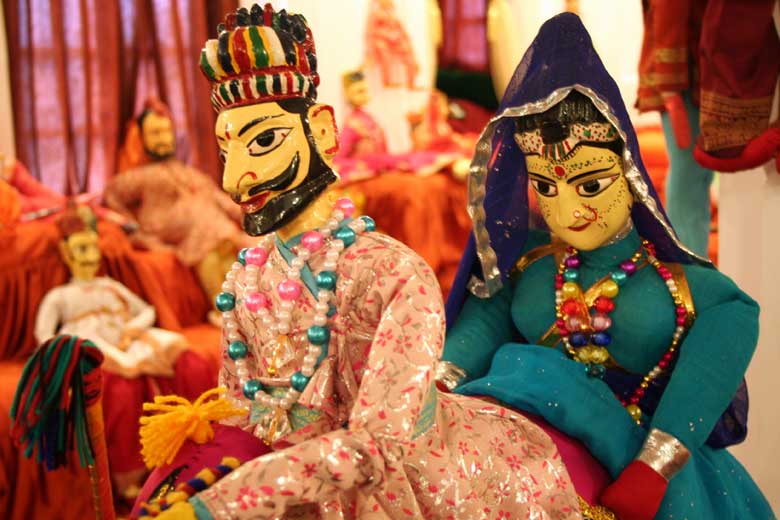
16 Nights / 17 Days
Rajasthan colorful Tour
Coloruful Rajasthan Tour is one of the most popular circuit of India. This tour package accommodates you to endure Rajasthan in all its different colors.
View Package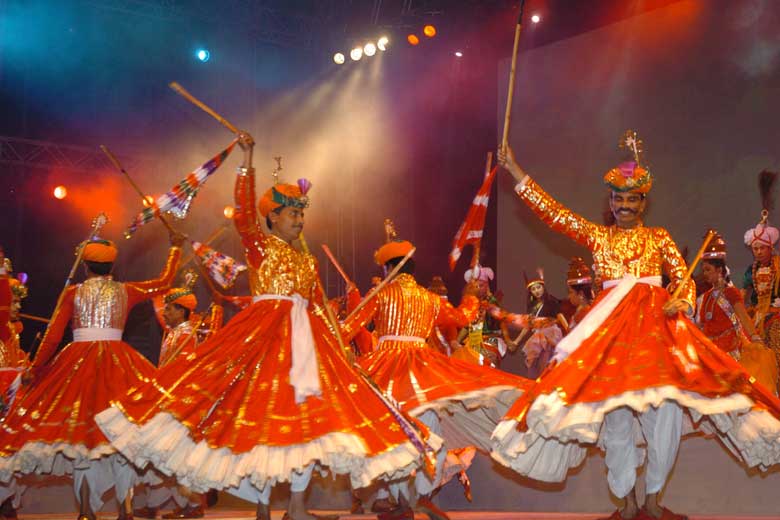
10 Nights / 11 Days
Rajasthan Cultural Tour
The Rajasthan state represents an unusual diversity in all its forms - people, culture, customs, costumes, cuisine, dialects and music and haveli's.
View Package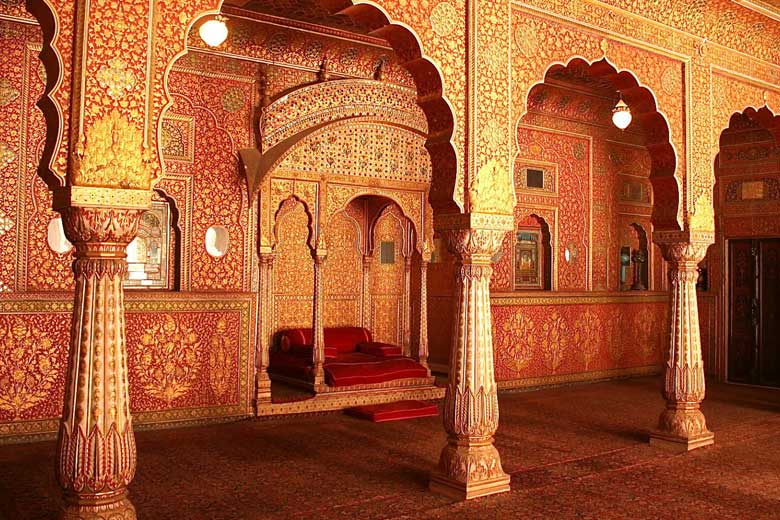
12 Nights / 13 Days
Rajasthan Fort & Palace Tour
Rajasthan is famous all over the world for its stunning forts and palaces that have been gloriously standing since decades in this princely state.
View Package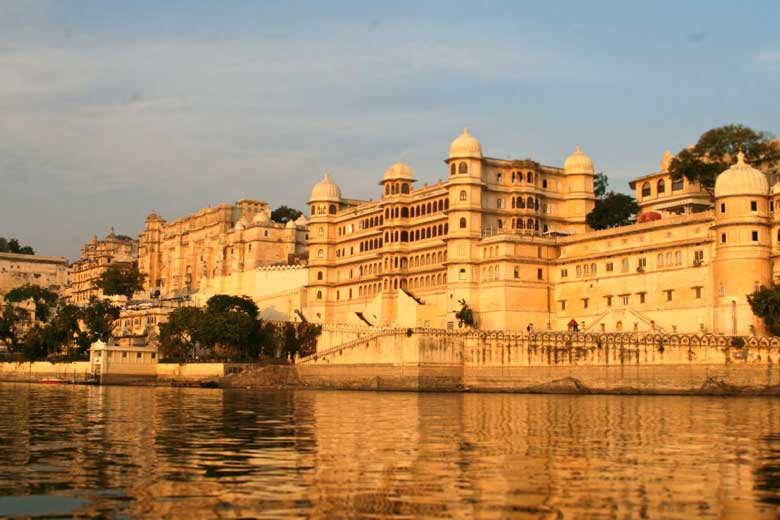
11 Nights / 12 Days
Rajasthan Heritage Tour
Rajasthan known as the "land of kings"provides some marvelous marks from the history in the form of its forts, palaces, mansions and haveli's.
View Package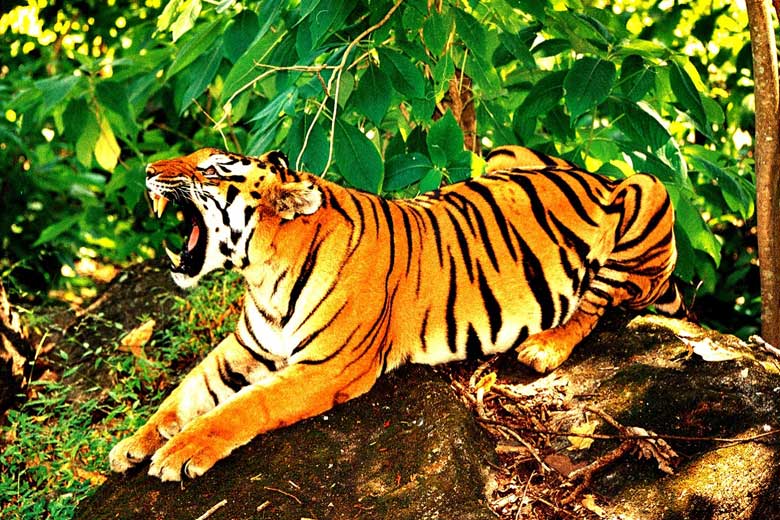
06 Nights / 07 Days
Rajasthan Wildlife Tour
The name Rajasthan has a habit of invoking the images of sun-bathed sand dunes of the Thar Desert, the rustic turban and mustache of Rajasthani men and women’s ghagra.
View Package
 Gujarat Toursim
Gujarat Toursim IATO - Indian Association of Tour Operators
IATO - Indian Association of Tour Operators +91-9811175768
+91-9811175768
